

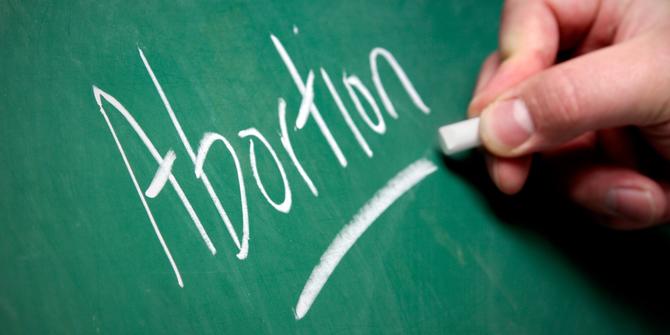

The ethical problem of abortion is very widespread at the present time and has both positive and negative sides. The relevance of this issue is determined by its connection with the vital needs of biomedical ethics as an interdisciplinary field of knowledge, which has ethical problems as its subject associated with medicine. The main moral issues are associated with the artificial termination of pregnancy. The history of the use by mankind of the practice of artificial termination of pregnancy indicates that this abortion problem has deep socio-cultural roots that affect the very foundations of human existence. Therefore, based on the Kant’s ethical principles, one can consider the ethical side of abortion and determine from what point of view and can be considered ethically acceptable, and with which it is not. At the same time, Kant's ethics allow developing a wide field of discussions and possible solutions to this ethical issue.
Argumentation in terms of Kant's philosophy can be based on the proposition that human dignity cannot be an empirically observable trait of an individual. Dignity is a sign that refers to the whole human race and is associated with an unlimited normative requirement. This tribal sign is nothing but human freedom, that is, a person's ability to self-determination. By freedom, one should understand here the absolutely certain deposit of man, namely, the ability to act morally (Kant 62). It is the ability to set long-term goals not depending entirely on one's natural needs and inclinations, but subordinating them to reason, that is, universal, meaningful also to all other people's standards. Morality is associated with desire and the maxim of moral action must be a universal law (Kant 20).

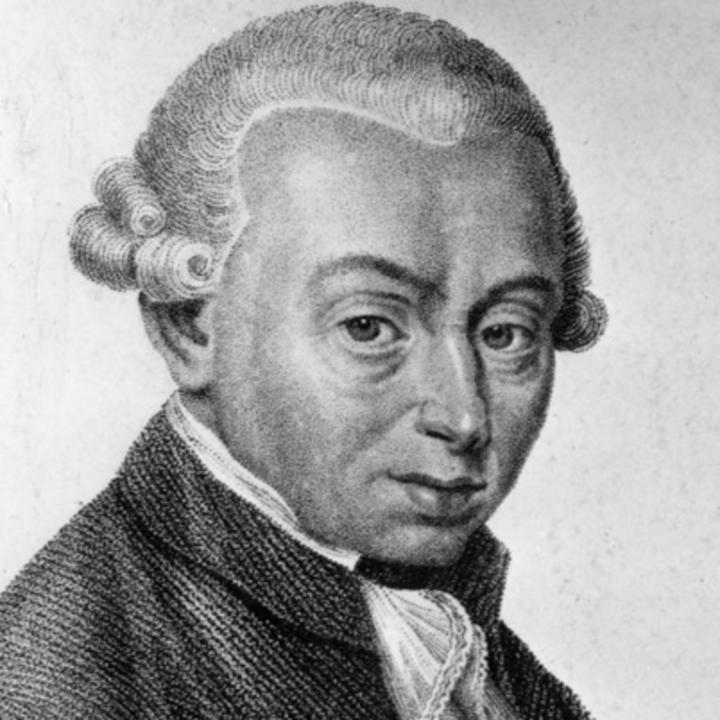
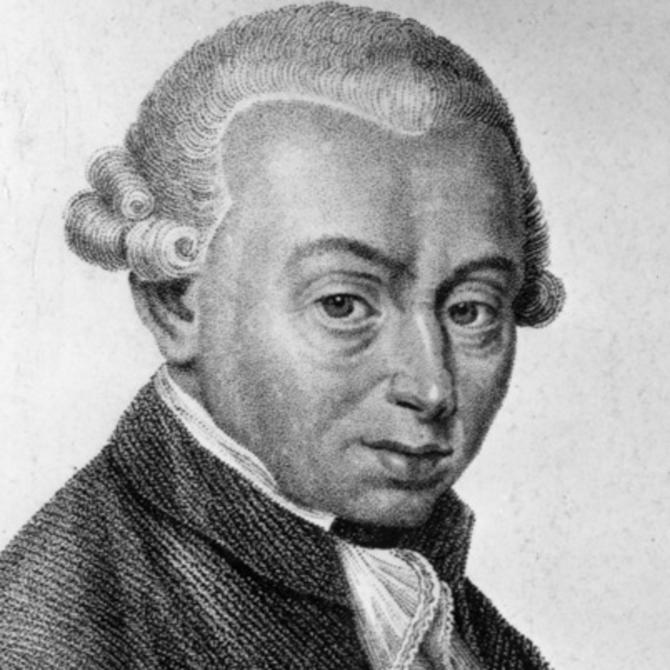
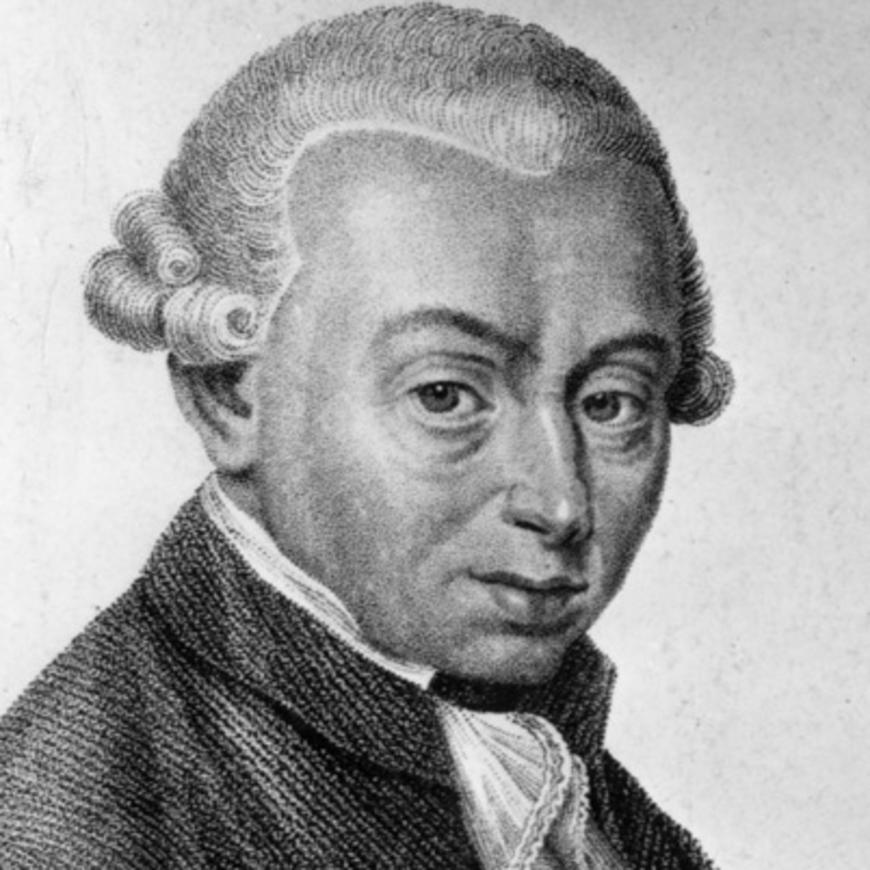
Attached file: Kant’s Ethics and Abortion Debate.docx
Click download to get access to a full version of the paper
However, this ability to morality, since it is a sign of the genus, cannot be something that arises in the course of the development of man as a man only at some stage of his development and is added to his other empirical properties; on the contrary, it must be recognized as a person as such, since it is a property that essentially refers to the concept of man. Kant says that not all human actions are committed to responsibility, but they are often actions of personal interest, which means that the woman's decision to have an abortion can be based not on responsibility, but on her personal desire (Kant 25). This concept of man then has significance for the human embryo, moreover from the very beginning of his life. If we establish this principle, which, as is well known, is controversial, we should perhaps point to the fertilization with which a unique, new set of chromosomes of the emerging person is formed, and not at birth. From this, it follows that human embryos since the beginning of their existence have a personal status and the right to protection.
If one turns to the modern medical and ethical debate, then the Kantian position can be systematically related to the most important arguments of these debates in the following way. Human beings have the right to protection due to their belonging to the species man. Thanks to Kant, one can avoid the often debated reasoning, according to which the norm, namely the right to protection, is derived from the purely biological property of belonging to a particular species. The fact is that for Kant the concept of man is determined not only biologically, but through a morally relevant property to be able to act autonomously and therefore to have dignity (Kant 63). After all, it is meant, as already mentioned, that a person is a person. Every human embryo is a person from the very beginning, and this person is conceptually identical to people who have evolved from an embryo.
Therefore, from this point of view, the life of the embryo from the very beginning is also worthy of protection. These are the main points by which, based on Kant, can be used to argue in modern bioethical debates about the human embryo's right to protection. Nevertheless, the expression of the main provisions means that there is a wide field for discussions, distinctions, and modifications. Therefore, considering the issue of abortion on the part of a woman, Kant's ethics can advocate the woman's right to a personal decision. If we consider a woman as an autonomous person who has the right to control her body and moral choice, abortion must be her personal decision. Moral duty comes from an autonomous will since morality is the result of human freedom (Kant 66).
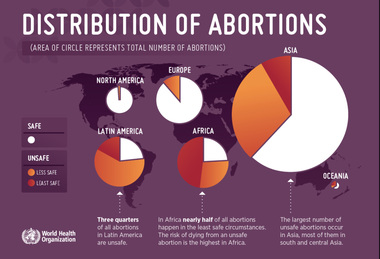
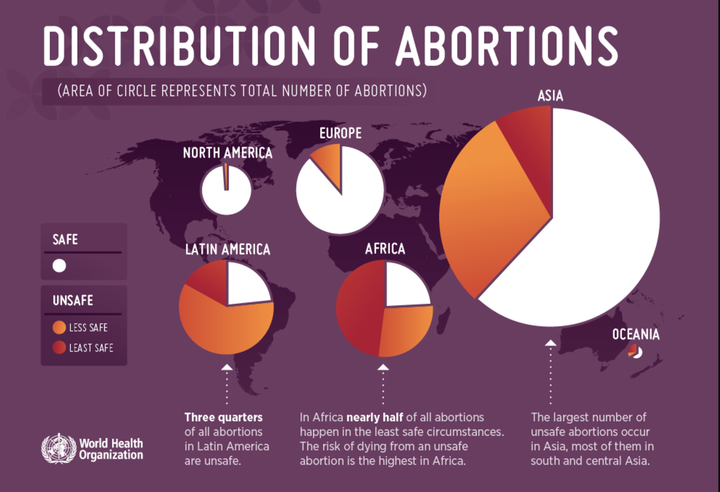
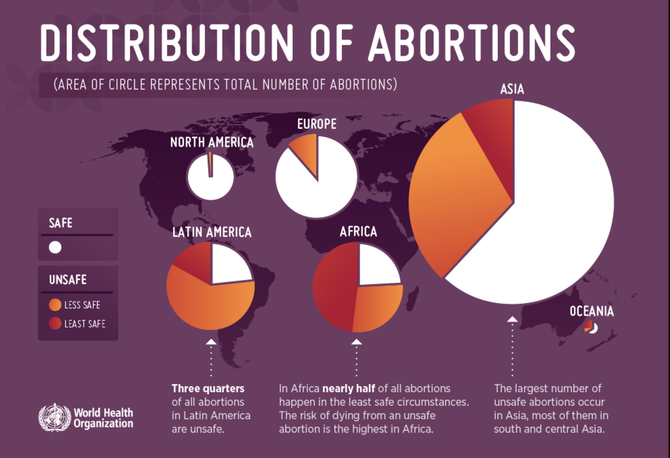
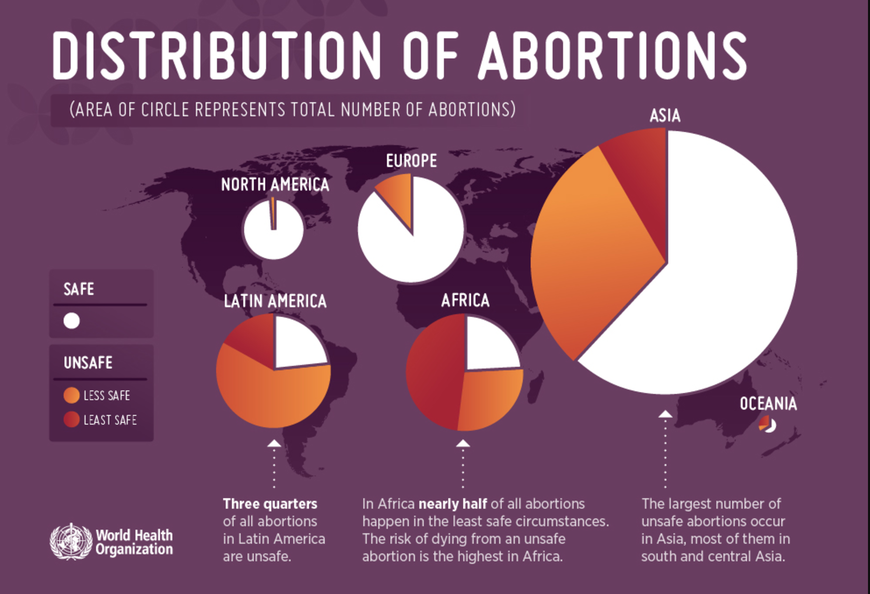
Since freedom is one of the basic tenets of Kant's ethics, the mother's decision must be considered basic. Here the categorical imperative plays its role since man has the freedom and his actions correspond to his autonomous will (Kant 67). However, such a position goes against the previous opinion about whether the embryo is an autonomous personality. Here one can talk about the maternal disability of the embryo and the rational personality of the mother, who is the adult object of decision-making. It should be remembered that according to the understanding of Kant's responsibility, human actions are often based not on strict responsibility, but on personal decisions (Kant 26). Thus, the decision to abortion can be based on a woman's personal need and be consistent with the principle of personal action.
The principle of respect for the moral law is at the heart of Kant's ethics since it opens up a dimension of humane behavior. Only a person, according to Kant, can express this respect, which is an a priori sense; the recognition of this respect is identical to the awareness of a law-abiding debt and has the character of the necessary universality. Respect for the law is the only driving force of moral duty (Kant 44). A man, according to Kant, is not just a rational being; he is called upon to be prompted by the mind to moral behavior, which is expressed in the veneration of the moral law (28). It would seem that there is no question of the personal pursuit of happiness. However, the contradiction of duty and the pursuit of happiness are only apparent. Kant overcomes it, arguing that the happiness of an individual and the bliss of all mankind are attainable only when their behavior is subject to the moral law.
The meaning of life is laid in the connection of virtue and morality (Kant 10). Only such a debt, which contributes to the happiness of man and mankind, has an ethical value. Kant's doctrine of duty, therefore, is a concern for the dignity of man and the happiness of mankind. Thus, taking into account the mental capacity of a woman as an autonomous individual, one can talk about her freedom in making a decision that touches her body and this approach contributes to the happiness of women in this situation, which can indicate the ethical possibility of abortion from the point of view of a moral decision of the woman's autonomous personality. Action cannot be accepted if it does not agree with the will of a man (Kant 53).
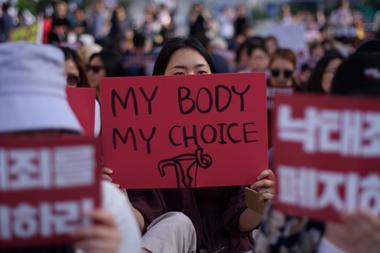
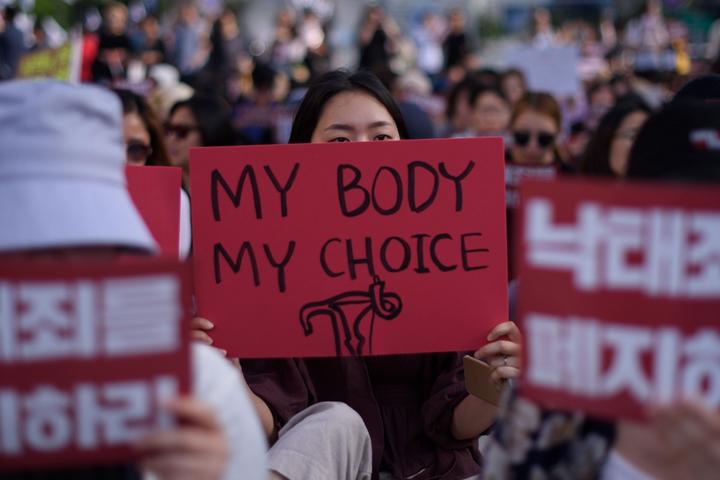
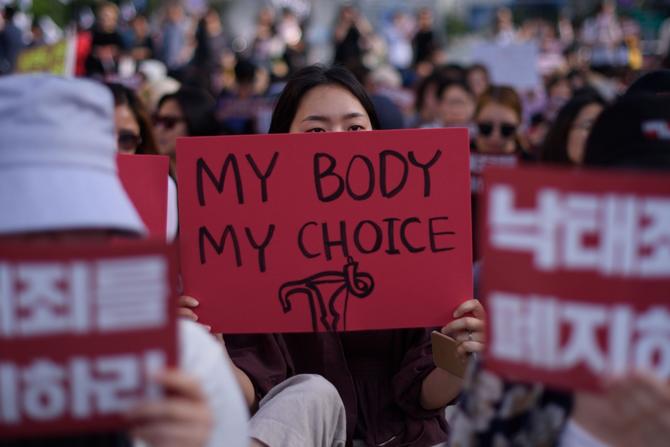
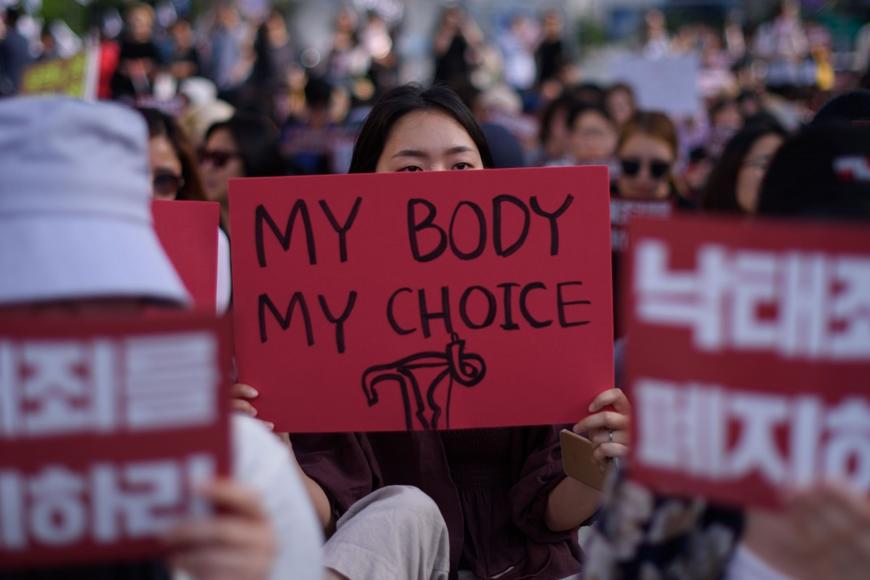
Proceeding from this, it can be concluded that a woman cannot be obliged to give birth to a child if she has reasons not to do so and this is her will. A human being is a being of a fracture, for he or she makes a choice between the world of sensations, based on the mind and laws of nature (Kant 66). However, nature is based on its own laws, but a man as a reasonable being has the will and therefore is able to develop his own concept of the laws of freedom, which may differ from natural instinct (Kant 30). It is the idea of freedom that provides a person with the status of a member of the world, in which everyone has an autonomous will, because being a part of the rational world, a person has a duty, but being also a part of the sensory world, a person has an autonomous duty (Kant 67). This situation makes the issue of abortion complex, affecting the freedom of the will of man, but also his duty to the world. That is why the decision to abortion is a complex component matter, combining several points of view.
Therefore, for Kant, the moral principle is reduced only to the subjective consciousness of duty. Man’s duty is a pure duty; it should be performed solely out of respect for it (Kant 38). Justifying this requirement, Kant appeals to conscience. Indeed, the conscience of man is the best judge in matters of morality, the highest ability to find the moral truth and to work out the right decision and a truly moral point of view if it is not only subjective but also connected with the knowledge of objective truth. The safety of one's own life is the moral responsibility of every person and thus abortion in order to protect one's life is morally acceptable (Kant 16). Thus, if an embryo is considered a person, then the duty focuses on the need for respect for it, but on the other hand, if a mother is also a person, then in cases where abortion provides a categorical imperative of helping others, touching upon the health of women and their social situation, which one way or another, will affect the future child and society as a whole, or her own will, the abortion can be acceptable.
Have your paper written from scratch with Writing Endeavour and be sure to receive a high grade!